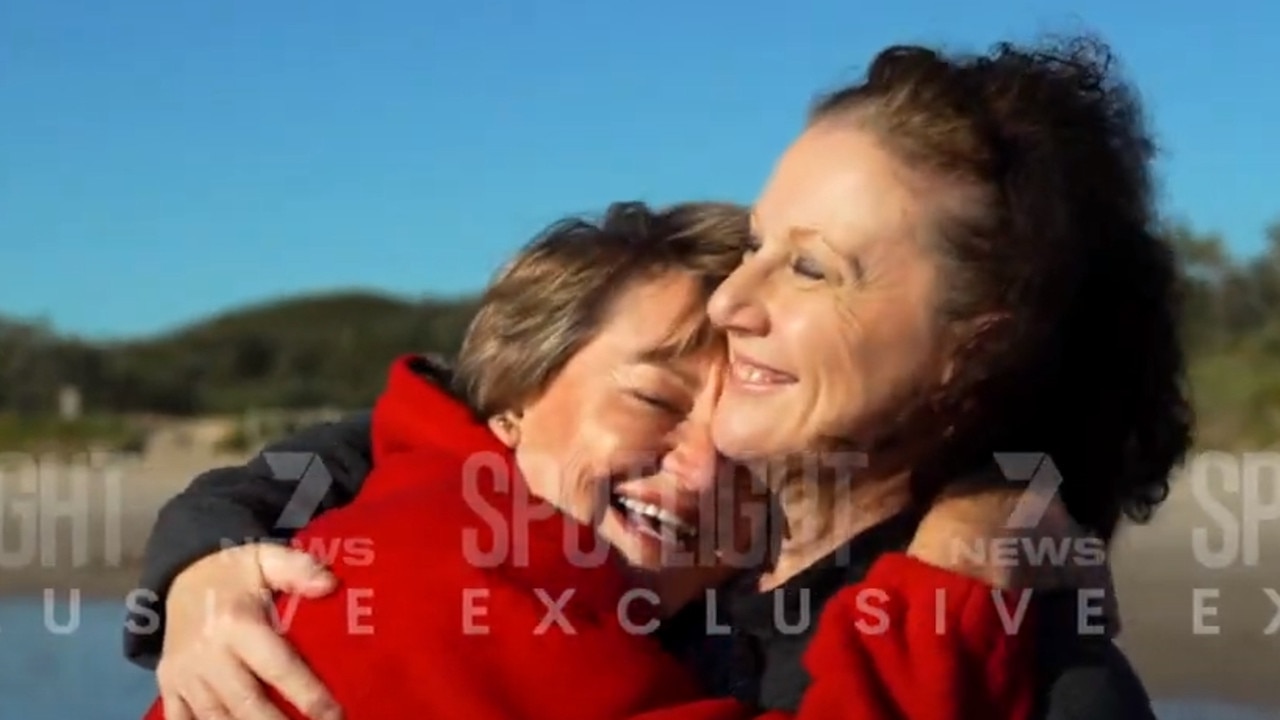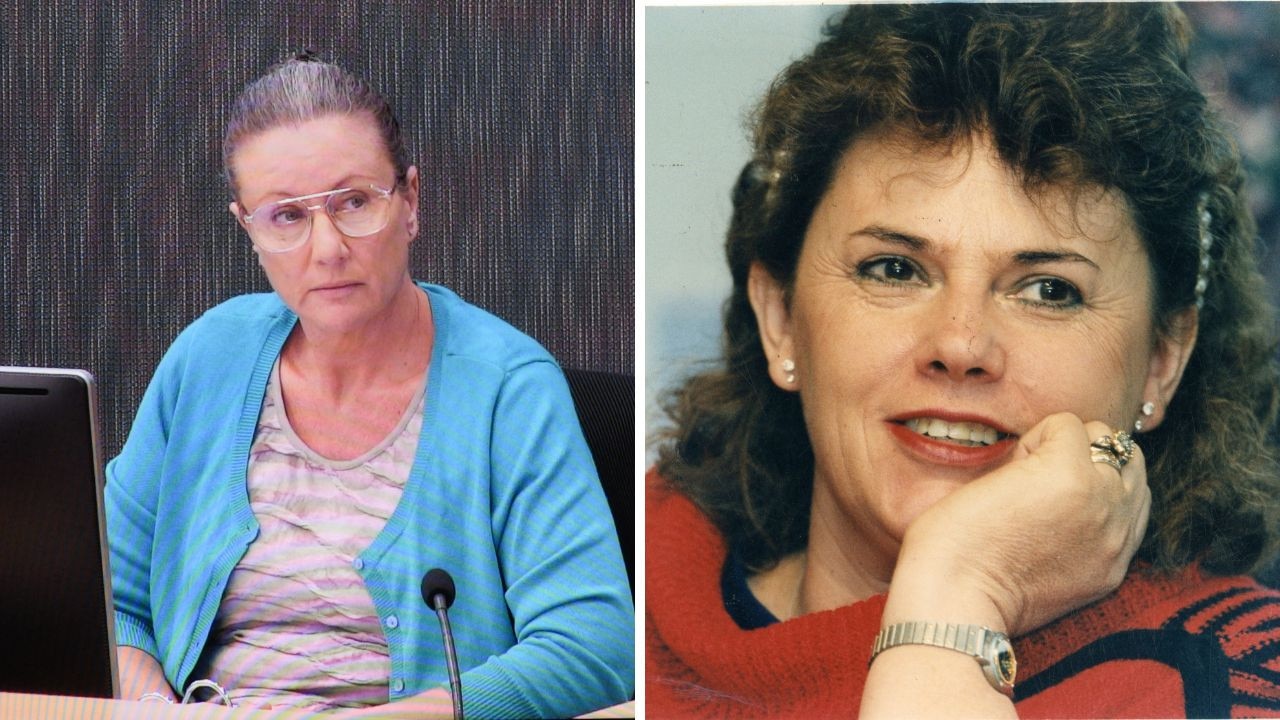Evidence at Kathleen Folbigg inquiry calls into question her guilt
After 20 years in jail, the case against convicted child killer Kathleen Folbigg is unravelling as a procession of scientists argue the children likely died of natural causes with even the critics admitting it is possible. Listen to the Mother’s Guilt podcast.
Mother's Guilt
Don't miss out on the headlines from Mother's Guilt. Followed categories will be added to My News.
The inquiry into the murder convictions of Kathleen Folbigg has seen the original, highly circumstantial case against her unravelling under the growing weight of new scientific evidence.
On Monday, the new inquiry chaired by retired NSW state Supreme Court Chief Justice Tom Bathurst asked council assisting Sophie Callan: “Would it follow that, even on this evidence, whichever way you look at it, a reasonable hypothesis inconsistent with guilt?”
“Yes, your honour, it is my submission that is the effect of the evidence,” she replied.
With no physical evidence any of the children had been smothered, police and the prosecution at her 2003 trial relied on the already debunked theory that more than one sudden infant death was suspicious and four in one family unheard of, therefore homicide was the default cause.
A procession of world experts in genetics and cardiac arrhythmias have presented a “plausible” cause that at least two of the children, Laura and Sarah, both inherited a mutation on a gene that is integral to cardiac function.
Professor Carola Vinuesa told the inquiry on Tuesday the mutation she and her colleagues from the Australian National University discovered in 2018 likely caused cardiac arrhythmias linked to sudden death.
Professor Edwin Kirk is a clinical geneticist at Sydney Children's Hospital and genetic pathologist at NSW Health Pathology – and one of the original critics of the mutation theory as a cause of the two girl’s deaths.
But on Thursday he said: “I think it’s possible that it could have caused the deaths, I think it’s plausible that it could have caused the deaths. I don’t have enough evidence on which I can say I think it’s likely that it caused the deaths”.
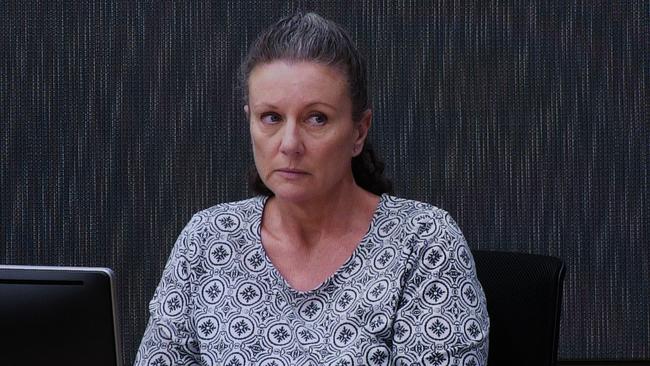
Inquiry Chair Tom Bathurst asked whether he could exclude the “reasonable possibility” that the Folbigg daughters died as a result of the mutation.
Prof Kirk replied: “No”.
Prof Kirk had questioned how Kathleen Folbigg could carry the gene she passed onto her daughters and show no diagnostic signs of cardiac arrhythmia.
World expert on cardiac arrhythmias and sudden death Professor Peter Schwartz told the inquiry he had established a registry of 134 patients who had similar mutations on the calmodulin genes that linked to cardiac arrhythmias diseases and it was possible for some members of a family to not be affected, even though they carried the mutation.
Prof Schwartz told episode eight of the Mother’s Guilt podcast the mutation was like a smoking gun with regards to the girls’ deaths.
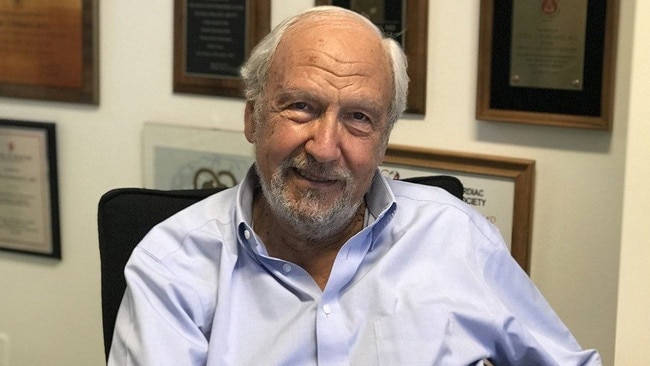
“The mutations are pathogenic (disease causing) which means that they can explain sudden death in infancy. And that means that there is an alternate explanation to the assumptions made by the law that there was a foul play,” he said.
“I mean, to find, to find the pathogenic mutation in someone who dies suddenly is like finding, you will see someone falling on the ground you go there, you’ll see a hole in the head. And well, yeah, that’s a smoking gun … I mean, otherwise, you would have to imagine that someone carrying a mutation that can kill it anytime they suddenly have something else. Yeah, it is possible, but is unlikely.”
Another critic, cardiologist Professor Arthur Wilde told the inquiry on Thursday he was unable to “exclude” the possibility the two girls died from a mutated variant, linked to cardiac arrhythmias.
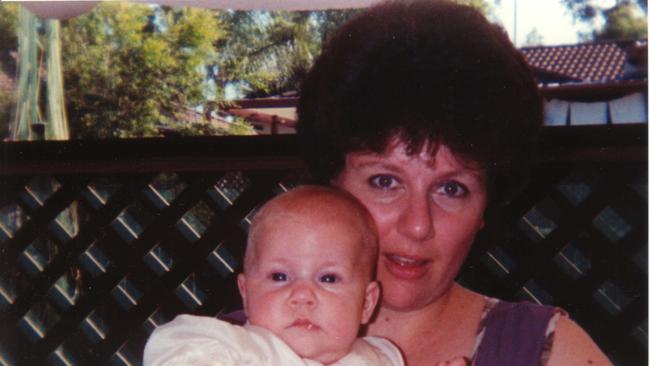
“I think you cannot exclude, but I consider it unlikely and even highly unlikely,” he said.
Childhood friend and advocate for Ms Folbigg Tracy Chapman said the comments meant reasonable doubt had been reached off the back of the experts’ testimony.
“It was a massive concession, it is reasonable doubt, we’ve met the test. I’m in shock, it’s taken so damn long,” she said.
Legal expert Dr Robert Moles from Flinders University said as soon as the chair mentioned “a reasonable hypothesis inconsistent with guilt” the case should “should have immediately referred the case to the Court of Criminal Appeal”.
“That is a ground upon which an appeal would be allowed – in a circumstantial case – if there is an explanation of the circumstances consistent with the innocence of the accused, then the person may not be convicted. The law is quite clear on that,” he said.
Next week, psychologists and psychiatrists will be called to give evidence on the Folbigg diaries, which were considered an admission of guilt in the 2003 case.
Council assisting the inquiry Sophie Callan said psychiatrist Dr Yumna Dhansay concluded Folbigg’s diaries “do not contain any admissions of guilt” about harming her children and “should be interpreted as having been written by a grieving mother”.
Ms Folbigg, 55, was found guilty of three counts of murder and one of manslaughter in 2013 after her babies Patrick, Sarah, Laura and Caleb died in suspicious circumstances between 1989 and 1999. She is serving a 30-year prison term with a 25-year non-parole period.
The inquiry chair is tasked with deciding if the science is enough to create reasonable doubt and, if so, the case will go back to the Court of Criminal Appeal.
More Coverage
Originally published as Evidence at Kathleen Folbigg inquiry calls into question her guilt



